Roustabout Interview Questions & Answers
What is the role of a Roustabout ?
Roustabouts serve as members of oil drilling crews. Their primary duties involve assembling, disassembling, monitoring and repairing piping .To keep the drilling area in good working order. Usually based on a drilling rig or platform for two or three weeks, followed by two of three weeks rest period onshore.
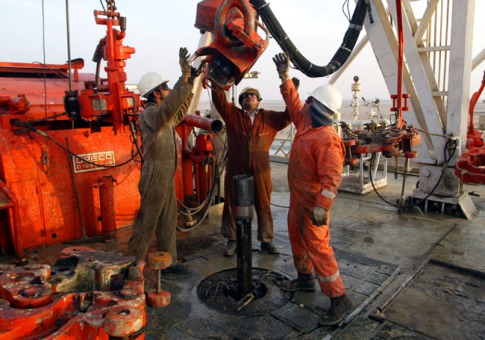
What are the duties of a Roustabout ?
- Cleans, scrapes and paints the drilling deck and equipment.
- Off loads supplies and moves them to storage areas.
- Moves supplies and equipment to the work site.
- Uses lifting equipment to load and stack equipment.
- Helps to repair equipment.
- Assists with the mixing of chemicals.
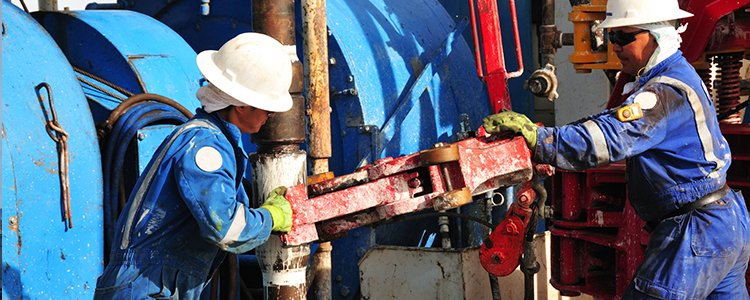
What are the Primary responsibilities of Roustabout ?
Roustabouts generally work for oil companies. According to the U.S. Bureau of Labor Statistics, roustabouts clean tools, equipment, including drills and pumps and machinery and keep work areas clean and orderly. Roustabouts also use motorized lifts and truck winches to clear loose pipe and debris and to load, unload and stack equipment and materials. They also move supplies and equipment to the worksite and assemble service, repair and dismantle equipment and machinery, including pipes, boilers and engine parts.
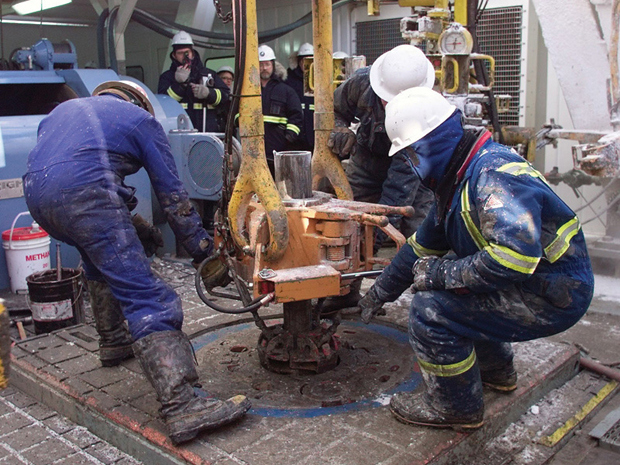
What are the Secondary Tasks ?
Other tasks required of roustabouts include working with crane and gin-pole truck operators. Roustabouts guide the operators and attach lifting slings to the loads. They also mix drilling mud, which is used to lubricate the drill bit that bores into the ground. Roustabouts who work on offshore oil rigs also must maintain the vessel by cleaning, scraping and painting the deck, equipment and work areas.
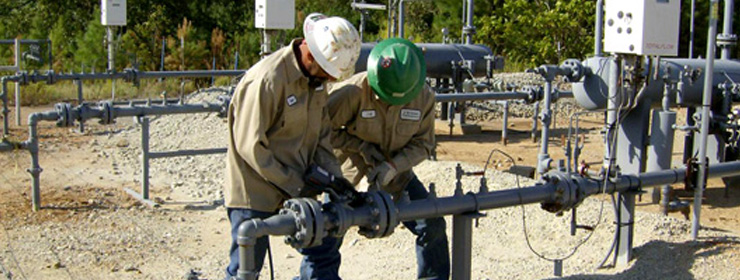
What are the Tools used for a Roustabouts ?
Roustabouts wear hard hats and protective gloves, goggles, earmuffs and boots. To perform their work, they use hoists, oxygen gas analyzers, power grinders, safety harnesses and belts, safety hooks, power wrenches, screwdrivers, hammers, electric sanders, saws and other handheld tools and power tools, according to O-Net Online. They also require the use of computer software for managing projects, writing reports and logging maintenance work.
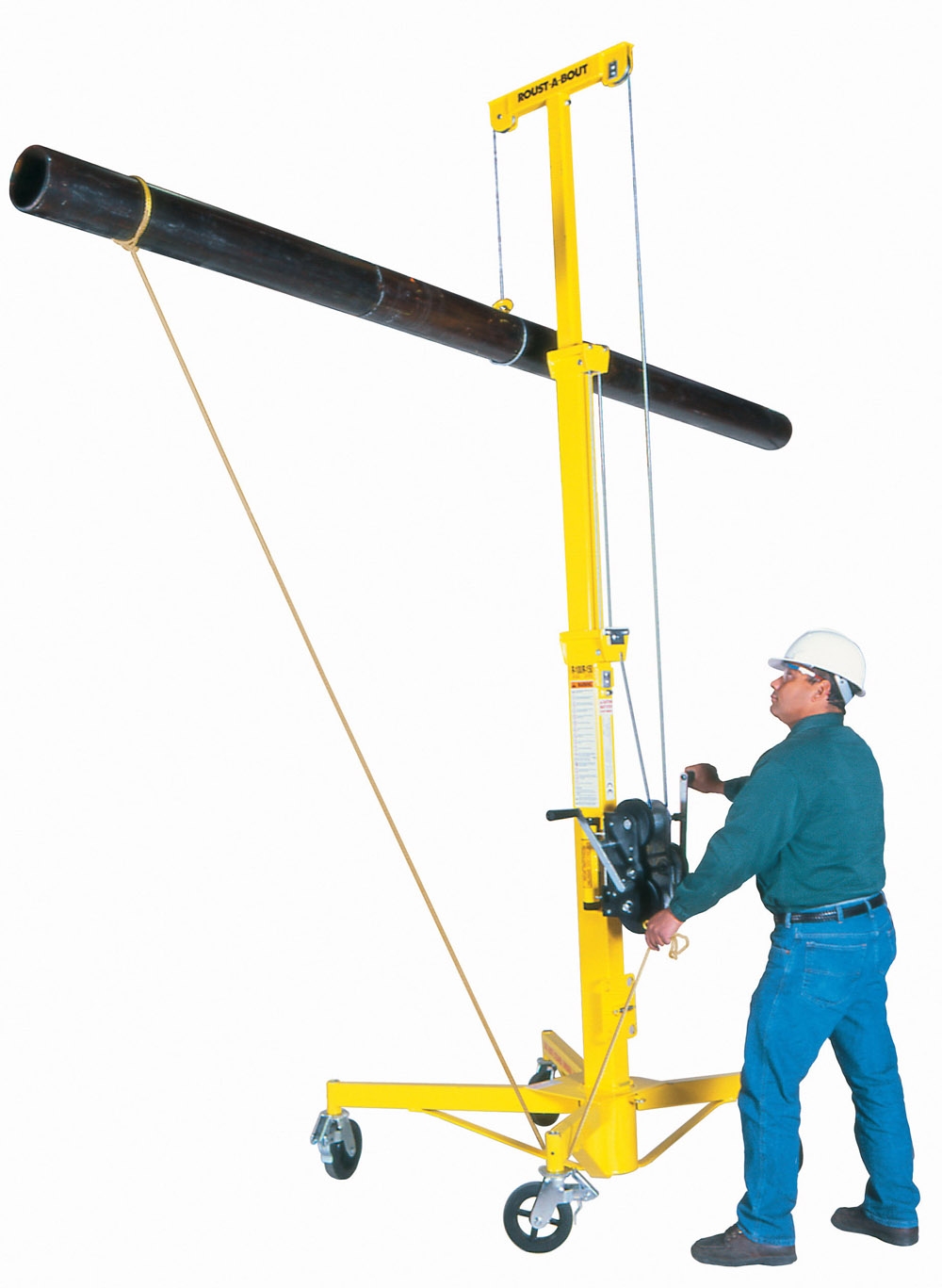
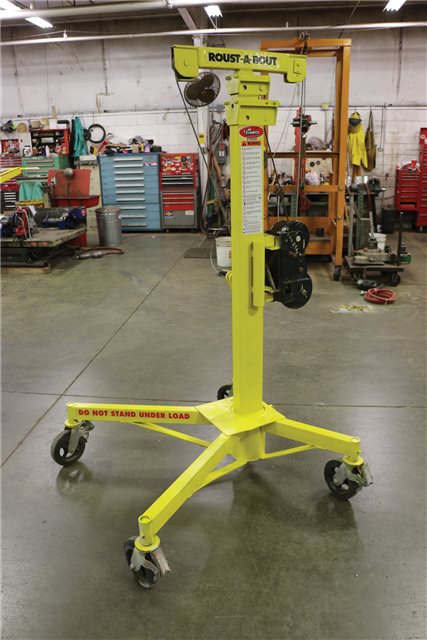
What are Drill Operations and Other Tasks for roustabout ?
When asked, roustabouts assist other crew members in drill operations. They also conduct inspections. Roustabouts walk flow lines and check for leaks visually and with the help of electronic detectors, according to O-Net Online. They repair leaks by tightening and repairing pipes, and they clean up spilled oil to avoid soil and water contamination. Roustabouts also dig drainage ditches around wells and storage tanks to keep oil from flowing freely during a major spill.
How this role fits in with the rest of the industry?
Working as part of a drilling team on offshore facilities.
Basic entry requirements include ?
- Basic offshore induction and emergency training (BOSIET)
- Offshore Medical Certificate
Career Development ?
Roughneck, Floorman, Derrickman, Assistant Driller, Driller, Toolpusher, Rig Superintendent
Why should we hire you?
This is a differentiation question. What you want to tell them is: they'd be crazy not to they hire you. Focus on them: You need to only share how you meet almost all the criteria they seek, and also have two to three additional abilities that they might not even know they need…yet. They need to know you are a candidate who can not only meet their needs now, but will also be valuable for where they want to go in the future.
Why did you leave your last job?
Here you will need to be careful as there are many possible answers you could use, just remember to NEVER talk negatively about any prior or current employer to a potential employer. No one wants to think that in a few years‟ times you could be saying the same about them. A possible reason could be to say you were looking for better opportunities, for you to grow professionally, or you were looking for the chance to work abroad.
What can we expect from you in your first 90 days?
Ideally the answer to this should come from the employer: they should have plans and expectations for you. But if you're asked, use this general framework: • you’ll work hard to determine how your job creates value -- you won't just stay busy, you'll stay busy doing the right things. • You'll learn how to serve all your constituents -- your boss, your employees, your peers, your customers and suppliers and vendors... • You'll focus on doing what you do best -- you'll be hired because you bring certain skills, and you'll apply those skills to make things happen. • You'll make a difference -- with customers, with other employees, to bring enthusiasm and focus and a sense of commitment and teamwork.
Why do you want to work with us?
More likely than not, the interviewer wishes to see how much you know about the company culture, and whether you can identify with the organization’s values and vision. Every organization has its strong points, and these are the ones that you should highlight in your answer. For example, if the company emphasizes on integrity with customers, then you mention that you would like to be in such a team because you yourself believe in integrity. It doesn’t have to be a lie. In the case that your values are not in line with the ones by the company, ask yourself if you would be happy working there. If you have no issue with that, go ahead. But if you are aware of the company culture and realize that there is some dilemma you might be facing, you ought to think twice. The best policy is to be honest with yourself, and be honest with the interviewer with what is it in the company culture that motivates you.
Did the salary we offer attract you to this Roustabout job?
The interviewer could be asking you this question for a number of reasons. Obviously, the salary is an important factor to your interest in this job, but it should not be the overriding reason for your interest. A good answer to this question is, “The salary was very attractive, but the job itself is what was most attractive to me.”
Do you have any questions to ask us?
Never ask Salary, perks, leave, place of posting, etc. regarded questions. Try to ask more about the company to show how early you can make a contribution to your organization like “Sir, with your kind permission I would like to know more about induction and developmental programs?” OR Sir, I would like to have my feedback, so that I can analyze and improve my strengths and rectify my shortcomings.







